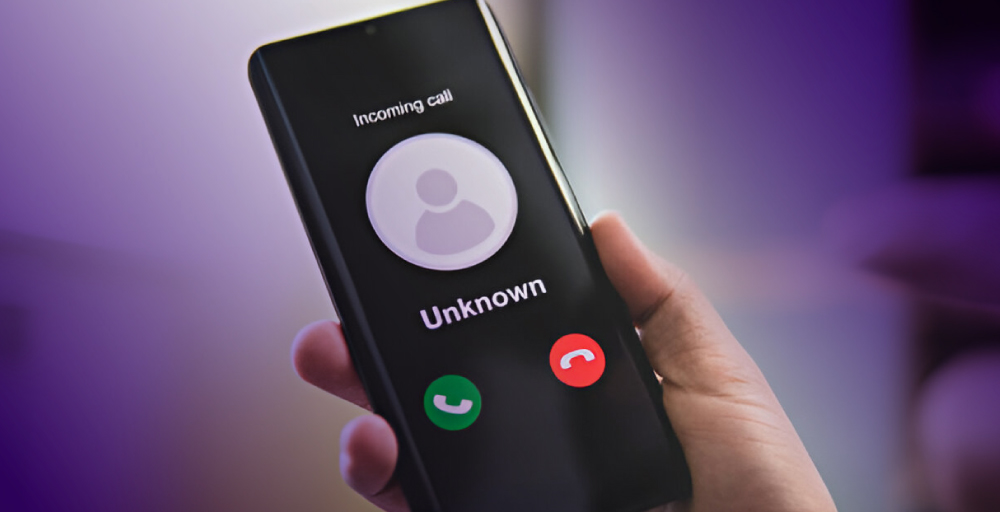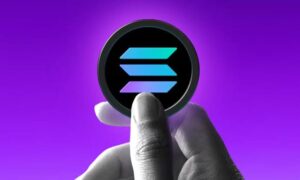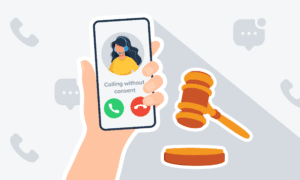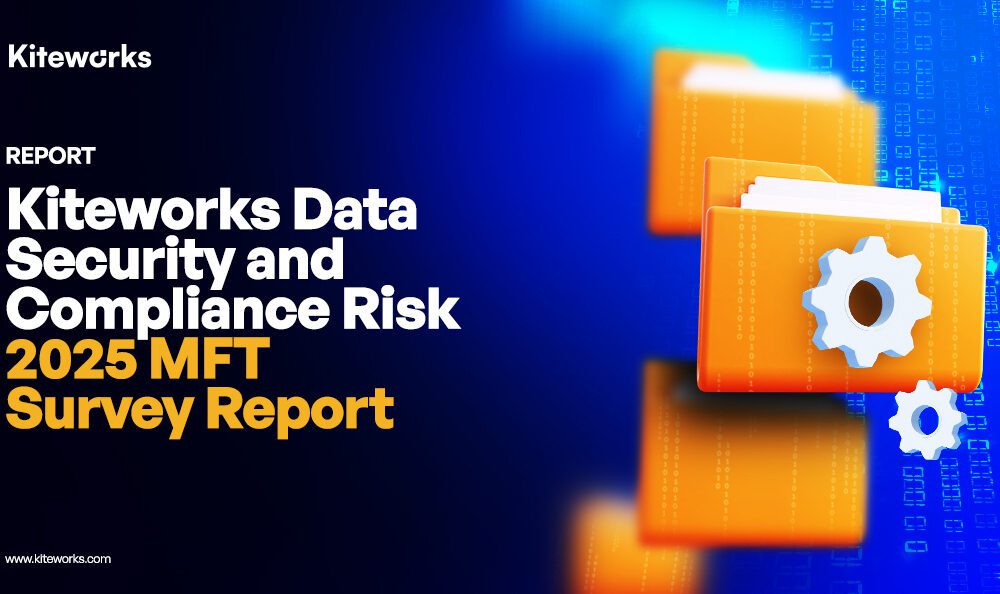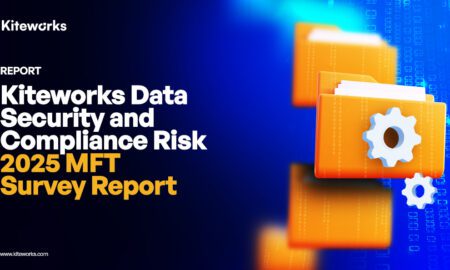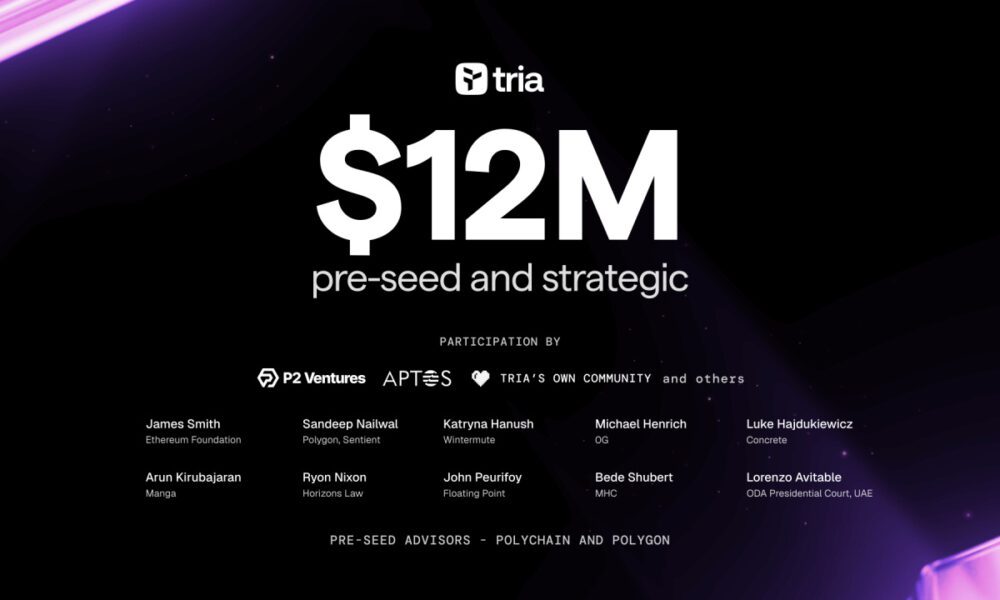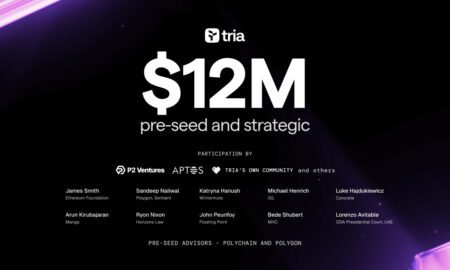With the rise of spam calls, phone scams, and fraudulent tech support schemes, many people are looking for ways to identify unknown numbers before picking up. ClarityCheck is one of the services that claim to offer a solution, helping users verify callers and avoid unnecessary risks. But how effective is it? A look at recent discussions on Reddit provides insight into how ClarityCheck is being used, whether it operates within legal boundaries, and what users hope to see in the future.
Users question the legality of ClarityCheck
One of the most common concerns about reverse phone lookup services is whether they operate legally. A Reddit user who was receiving persistent calls from unfamiliar numbers turned to ClarityCheck but wanted to be sure they weren’t breaking any laws by using it. In their post titled Is it legal to use ClarityCheck and similar reverse phone lookup websites?, they asked whether accessing caller information through such services could have any legal consequences.
The answer depends on where you live. ClarityCheck pulls information from publicly available sources, including business directories and reports of spam activity. In most regions, checking publicly shared data is legal, but regulations differ depending on jurisdiction. While using a tool like ClarityCheck to avoid scam calls is generally acceptable, it’s always wise to review local privacy laws to ensure compliance.
How ClarityCheck helps users avoid scams
Another ClarityCheck review came from a user who shared their experience with a suspicious tech support call. In a Reddit thread titled Help! My tech support call turned suspicious and I did a ClarityCheck, they explained how they received an unexpected call that immediately seemed suspicious. Instead of engaging, they looked up the number through ClarityCheck and found multiple reports linking it to scams.
Tech support fraud is a growing problem, with scammers impersonating representatives from well-known companies to convince people to grant remote access to their computers or provide sensitive financial information. The Federal Trade Commission (FTC) has warned consumers about such tactics, reporting millions of dollars lost to fraudulent tech support schemes every year. While scammers frequently change numbers, having a quick way to check reports against a caller can be a useful first line of defense. Services like ClarityCheck allow users to flag suspicious numbers, creating a community-driven database that helps others avoid falling victim.
Users ask for a ClarityCheck mobile app
Not all discussions about ClarityCheck focus on fraud prevention. Some long-term users have expressed frustration that the service remains web-based. In a Reddit post titled Been using ClarityCheck website for months, but why no Android app yet?, one user explained that while they find ClarityCheck effective, they wish they didn’t have to copy and paste numbers into a browser each time they want to verify a call.
Competitor services such as Truecaller and Hiya offer mobile apps with built-in lookup features, allowing users to check numbers instantly from their call logs. However, some people avoid these apps due to privacy concerns, as they require extensive access to contact lists and call history. ClarityCheck’s decision to remain a web-based service may be intentional, but for users who prioritize convenience, an app could be a game-changer.
The growing role of phone lookup services
Spam calls and fraudulent schemes show no signs of slowing down, making phone lookup services more relevant than ever. The demand for tools like ClarityCheck reflects a larger shift in consumer behavior – people want more control over their digital interactions and the ability to verify who is contacting them before they engage.
This ClarityCheck review highlights the key benefits of the service while acknowledging areas for improvement. Many users find it helpful for filtering unknown calls and staying informed, but questions about its legality, the need for an app, and its long-term effectiveness remain. If ClarityCheck continues to evolve in response to user feedback, it could become an even more valuable tool for those looking to protect themselves from unwanted or deceptive calls.

